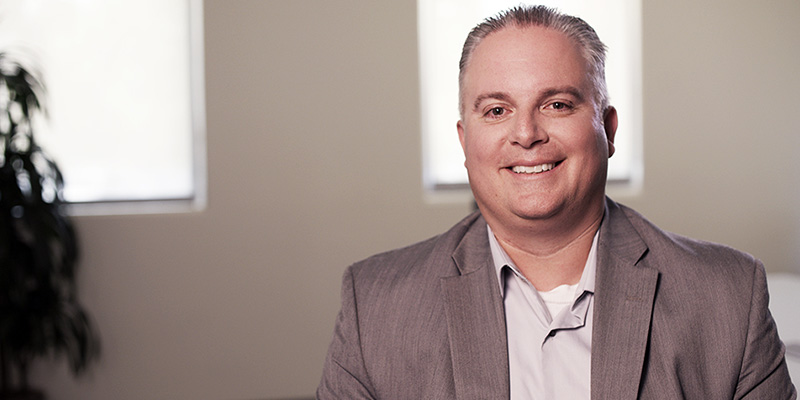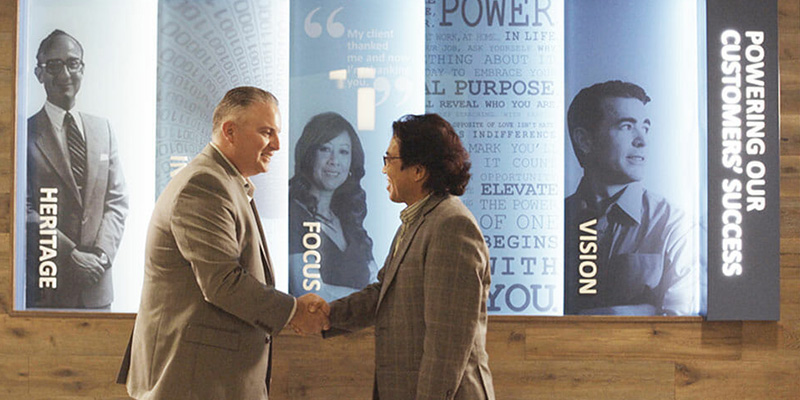ICW Group Reduces the Pain of Recovery with Surgery Concierge Service
ICW Group Insurance Companies is the largest group of privately held insurance companies headquartered in California. Quoting more than $3 billion annually, ICW Group represents a group of carriers offering property, auto and workers’ compensation insurance. The company is recognized nationally as an industry leader in helping policyholders achieve fewer and less costly claims. It is also a leading advocate of high-touch customer service, particularly in supporting injured workers.

In the workers’ compensation insurance market, patients approved for surgery are frequently left to fend for themselves without any nurse oversight or education. This creates two significant problems. First, it is not necessarily easy for patients to understand what care is required before, during and after surgery. Secondly, it is not always clear whom is responsible for arranging patient care. Medical appointments, post-operative care and required durable medical equipment are often arranged through the mixed efforts of patients and claims adjusters, but the process is ambiguous to both parties. These two problems can create delays and discontinuity in patient care.
Surgery concierge was born out of the idea of making the surgical process easier for injured workers.
ICW Group was not immune to this industry problem. Their claims adjusters commonly received late-afternoon phone calls from patients being released from the hospital, often requesting transportation home or help securing home medical equipment. Patient support was largely reactive, creating challenges for both adjusters and patients. Realizing this was a huge opportunity to improve their customer experience while better managing outcomes, ICW Group collaborated with Mitchell to find a better way.

“We really wanted to facilitate the surgery experience for everyone involved in the case,” said Amanda Granger, Vice President of Workers’ Compensation Claims at ICW Group Insurance Companies. “First and foremost, we wanted to ease the burden on patients by ensuring they were prepared before, during and after surgery to alleviate potential anxiety. We also wanted our claims adjusters to be able to focus on examining the case rather than managing last-minute logistics. Accomplishing this two-pronged objective meant rethinking our customer support processes and engaging a creative partner with expertise to help streamline our processes.”
Building a New Road to Recovery
Mitchell worked with ICW Group to help identify areas for increased process efficiencies, then implemented a series of solutions that form the core of Mitchell’s Surgery Concierge service. The service provides white-glove, short-term, telephonic case management services to an injured worker, ensuring they receive professional and personalized care before, during and after surgery to support their health and wellness. Nurses are assigned to help patients navigate pre-operative & discharge planning, expedite surgery scheduling, post-operative treatment and therapies while utilizing preferred providers and monitoring care.

With Surgery Concierge, cases are automatically assigned to a nurse case manager at Mitchell. The nurses are trained to recognize and accommodate each patient’s unique support requirements, advocate on their behalf, and chaperone patients through the surgical process. They can coordinate with patients to adjust surgery dates. This helps reduce patients’ time away from work while also utilizing preferred providers to better manage costs. Surgery Concierge nurses can educate and guide patients through complex pre- and post-operative processes, relay recovery expectations, and generally ease patients’ concerns. On the day of surgery, nurses ensure that transportation and other medical support requirements have been arranged so that patients can transition in and out of the hospital quickly. Surgery Concierge’s proactive patient support also benefits adjusters, who no longer worry about receiving late-day phone calls and scrambling to assist patients.
It is our responsibility as insurers to understand and navigate the complexities of workers' compensation.
Launching the new service was not without challenges. Determining the appropriate amount of time to keep a case open required some experimentation. It was important to ICW Group to provide enough time to build trust between the patient and nurse, provide the security and education for the patient, ensure post-operative needs were met, and assess if any complications occurred that warranted additional clinical oversight. “Ensuring positive patient outcomes is our top priority, and that means giving patients the freedom and space to heal,” says Granger. “It is our responsibility as insurers to understand and navigate the complexities of workers’ compensation. Through this project, we were able to relieve patients of many logistical burdens associated with their treatment so that they can focus on their top priorities: recovery and good health.”
Better Support & Patient Outcomes
The development and implementation of Surgery Concierge service resulted in positive outcomes for all parties involved. Patients were less stressed and felt better cared for, making it an overall better surgical experience. The burden on claims adjusters was also lifted as they knew patients were receiving expert support from nurse case managers who could resolve any issues on the medical care side.
The benefits of one-to-one advocacy programs like surgery concierge are undeniable.
The Workers’ compensation process can at times be challenging, but ICW Group’s commitment to improving the surgery experience resulted in a collaborative effort with Mitchell that has been well received by patients, adjusters and claims managers. “The benefits of one-to-one advocacy programs like Surgery Concierge are undeniable,” explained Granger. “We were able to realize our business and operational goals while giving patients a smoother, more supportive path to surgery recovery.”

